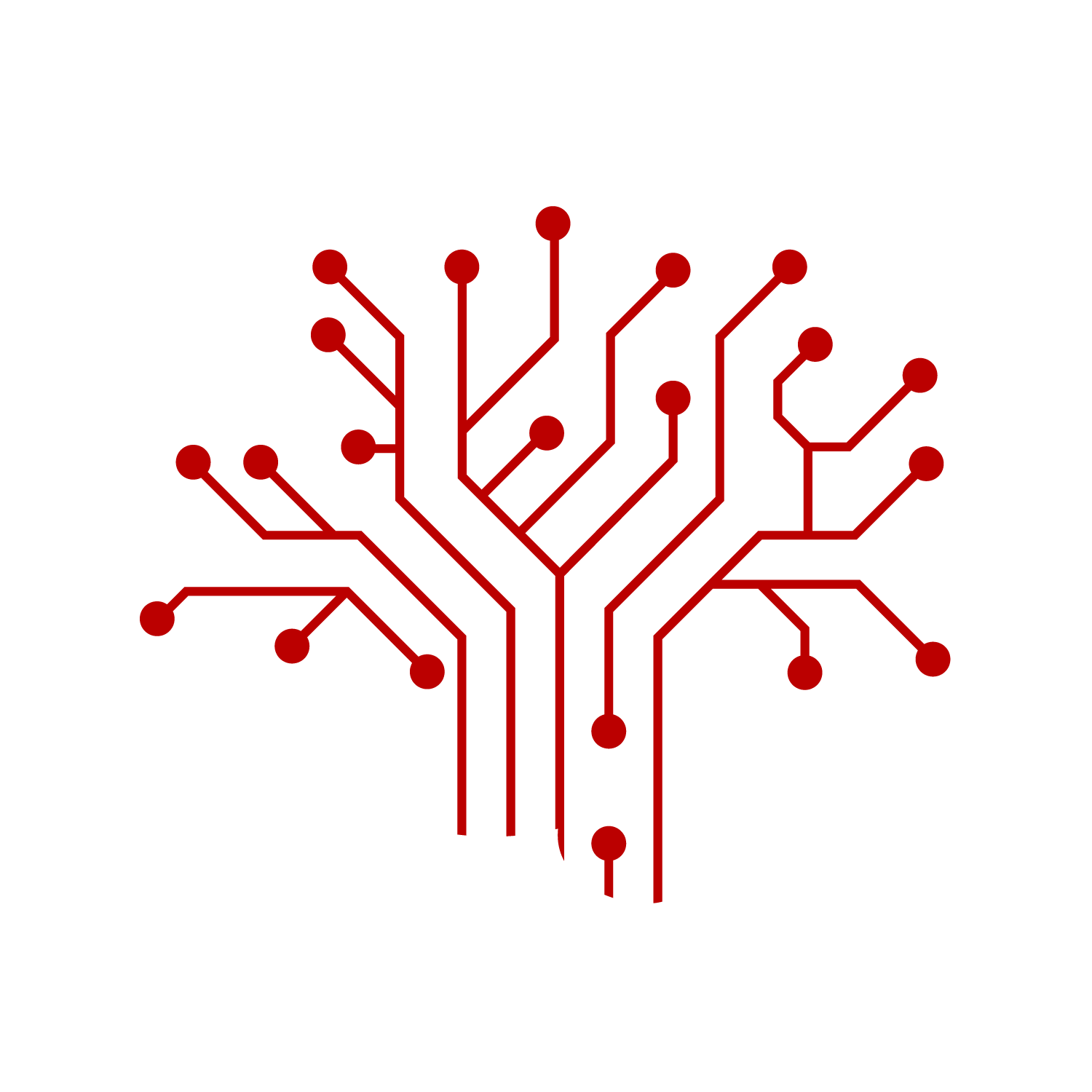These research opportunities are for undergraduate students studying neuroscience at CMU. The opportunities may be paid or unpaid on a case-by-case basis. Reach out to the contact listed or to info@ni.cmu.edu with any questions.
AI/ML for detecting Brain Tsunamis
Paid opportunity
Cortical Spreading Depolarizations (CSD) are a secondary form of brain injury that can occur following a traumatic brain injury (TBI) such as a concussion or strong impact to the head. A CSD is a reduction from normal brain activity that starts in a small region of the brain and slowly propagates throughout the brain, causing further brain damage such as stroke or hemorrhaging. The goal of this project is to detect and locate CSDs as they start, to allow for early medical intervention and prevent further brain damage in TBI patients. Using electroencephalography (EEG) data, we can measure electrical potentials on the scalp that we can use to detect CSDs; however, the problem with EEG data is that it can be polluted with noise and unwanted artifacts, as a significant amount of information is lost and tampered with in the decay of spatial frequency content from the brain through the skull and scalp. The CSDs need to be distinguished and extracted from the data using AI/ML.
Skillset: Programming, familiarity with MATLAB, knowledge of Artificial Intelligence and Machine Learning. Interest in, and knowledge of, EEG is a plus. Data obtained by amazing clinical collaborators (from Pitt), so experience with data analysis is essential! Remote work possible.
Contact: Pulkit Grover
Sevo electrodes
Paid opportunity
EEG is a widely used system for interfacing with the brain, and is the gold standard for epilepsy diagnosis. The designs of many EEG systems are not adaptable to all parts of the population, especially those with curlier hair types such as 3A-4C hair. This project entails designing and testing different types of electrodes that can be used in both existing and novel EEG systems to make the practice more accessible to patients in need.
Since its inception, the project has been led by Black and female researchers. Minority researchers are encouraged to apply!
Skillset: 3D design and printing, keen fashion sense (not necessary, but desirable, e.g. the PI obviously lacks this), drive for clinical and social impact. Experience with EEG experiments is a HUGE plus. Remote work possible, but difficult.
Contact: Pulkit Grover
Rodent neuromodulation
Paid opportunity
With Chamazar lab, we are developing exciting novel techniques for localized transcranial stimulation with high specificity. If you have experience working with rodents, this is the project for you!

